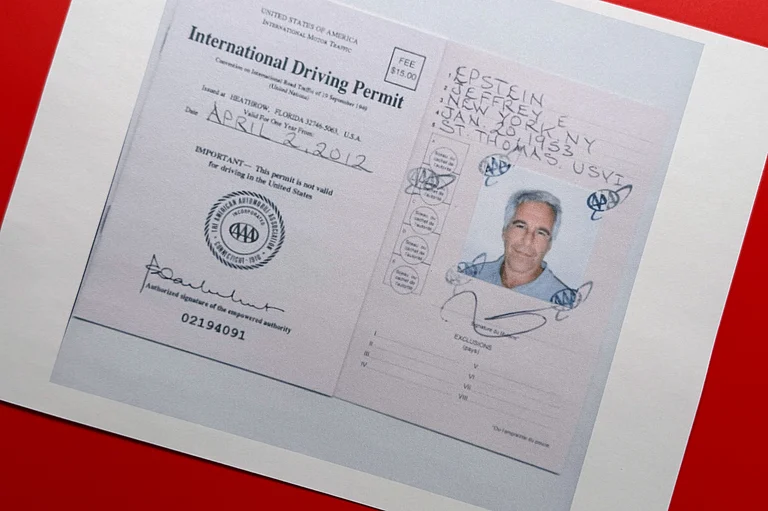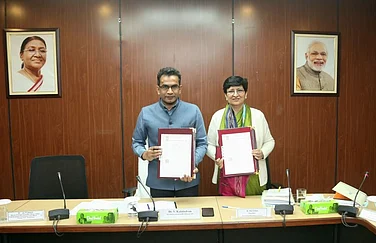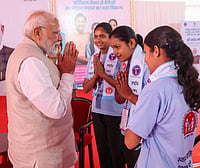With an aim to address concerns owing to GST restructuring, the office memorandum jointly issued by DoP and NPPA has clarified that manufacturers and marketers must revise the Maximum Retail Prices (MRPs) to reflect the reduced Goods and Services Tax (GST) rates. However, there will be no mandatory requirement to recall or re-label the existing stock already in the market, provided price compliance is maintained at the retailer level. Complementing this, the CDSCO has granted a three-month window for the use of stickering on Class C and D medical devices to update MRPs, thus easing compliance burdens on importers and manufacturers.
The 56th GST Council has recommended slashing of GST rates on major drugs from 5 per cent to nil. The medications earlier charged under the 12 per cent slab are now shifted to the 5 per cent slab.
Rajiv Nath, Forum Coordinator of the Association of Indian Medical Device Industry (AiMeD), has lauded the move, saying that it aims to facilitate the smooth implementation of the revised GST rates on drugs, formulations, and medical devices, effective from September 22, 2025.
AiMeD said, “This well-timed decision by the Government addresses a critical operational hurdle that arises each time GST rates are modified. It ensures regulatory compliance and consumer transparency while preventing unnecessary wastage of packaging materials and protecting the industry from avoidable stock losses.”
He further noted, “The Department of Consumer Affairs’ (DoCA) allowance for the continued use of existing packaging materials until December 31, 2025, is a significant cost-saving step, particularly beneficial to MSMEs. We urge industry members, channel partners, and stakeholders to strictly adhere to these guidelines and undertake timely public communication to maintain consumer trust.”
However, Nath also highlighted pending concerns, “We await clarifications regarding the applicability of these instructions to Class A and B medical devices, as well as guidelines for pre-printed flexible packaging stocks for small disposable medical devices like needles, where online overprinting poses challenges.”
Looking ahead, he urged the Government to consider further GST reforms, especially on refunds related to GST paid on services and capital expenditures—practices common in several countries globally. “Such reforms will help manufacturers and traders reduce working capital burdens, ensuring the ultimate goal of GST—to tax value addition at each stage of the supply chain—is achieved without hampering business competitiveness,” Nath concluded.























